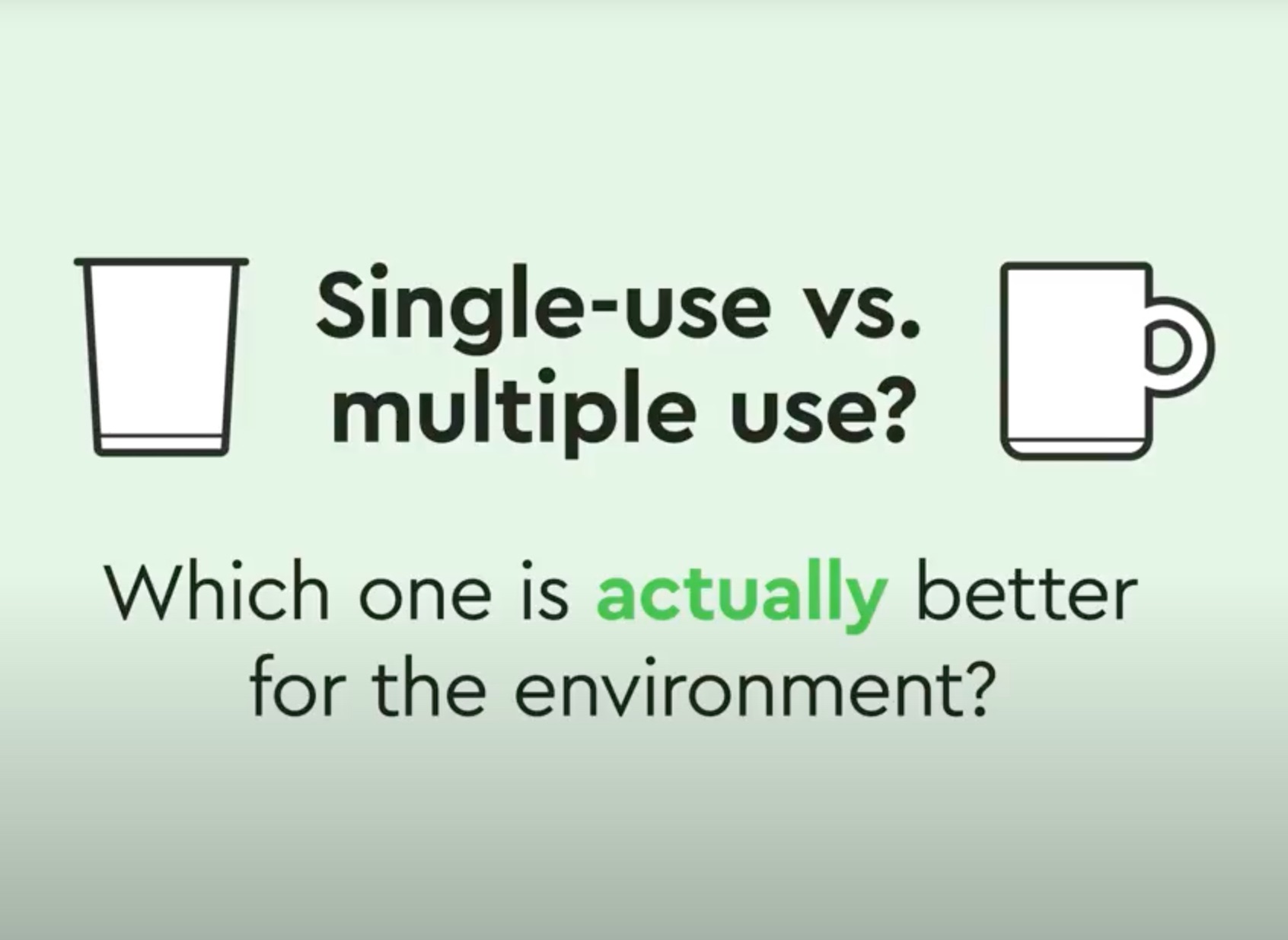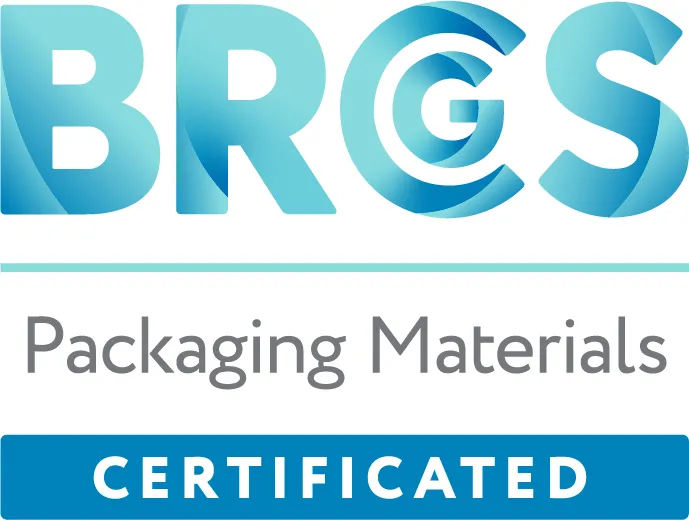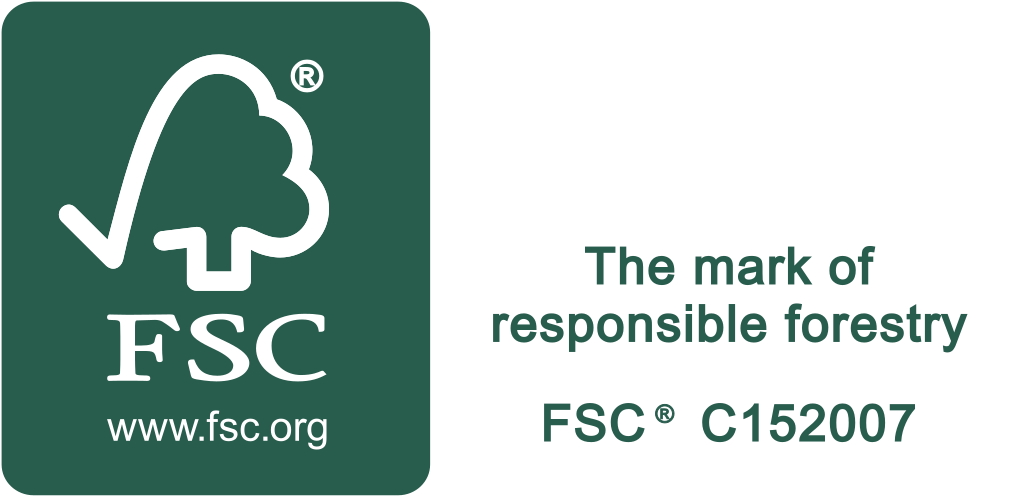Environmental Impact Study: Single Use Vs. Reusable
A Lifecycle Analysis (LCA study), commissioned by the European Paper Packaging Alliance (EPPA), and conducted by the renowned engineering and environmental consultancy, Ramboll has been published.
Contrary to simplistic product-only LCAs, Ramboll took a systems-based approach to assess the differences in environmental impact between paper-based single-use packaging and multi-use systems for in-store use in quick service restaurants in Europe.
This approach fully incorporates the use (washing and drying) phase of multi-use. The Ramboll study also used primary data, which included analysis of the environmental hotspots of paper production and conversion in the single-use system. Previous studies mainly relied on secondary data (in particular concerning the paper upstream value chain). This has delivered a very comprehensive study which has also been independently certified to ISO standards.
A summary of Ramboll’s main findings were:
- For Climate Change, the single-use system shows very significant benefits for reducing CO2-e emissions. In fact, in the baseline scenario, the polypropylene-based multi-use system was responsible for generating 7 times moreCO2-e emissions than the paper-based single-use system. The single main contributor to climate change impact in the multi-use baseline scenario is the electricity demand of the washing process. Overall, the use phase accounts for 83% of the total aggregated impact.
- For Freshwater Consumption, there are also very significant environmental benefits for the single-use system. The multi-use system used 3.4 times the amount of freshwater in the baseline scenario.






